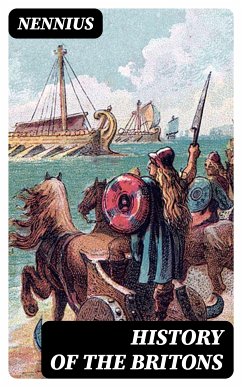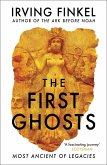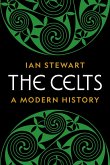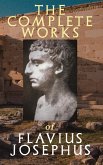In "History of the Britons," Nennius weaves a rich tapestry of myth, history, and national identity, presenting a narrative of the British Isles from their legendary origins to the post-Roman period. The text is characterized by its integration of folklore and historical analysis, encapsulating the struggles and triumphs of British heroes such as Arthur. Written in the 9th century, this seminal work stands at the intersection of history and hagiography, reflecting the complexities of its time while also seeking to solidify a sense of national unity among the disparate kingdoms of Britain. Nennius, a Welsh monk, authored this pivotal text during a time when Britain was grappling with invasions and political fragmentation. His work demonstrates not only his deep engagement with earlier historical records, such as Bede's writings, but also reveals his aspirations to promote a cohesive British identity amidst the chaos of Viking incursions. Nennius's emphasis on Arthurian legends has indelibly influenced subsequent medieval literature, illustrating the blending of history and myth in shaping cultural memory. For readers intrigued by the formation of British identity and its storied past, Nennius's "History of the Britons" is an essential exploration. This foundational text not only enriches our understanding of early medieval Britain but also invites contemporary reflections on nationalism and historical narrative. It is a profound read for scholars, students, and enthusiasts alike.
Dieser Download kann aus rechtlichen Gründen nur mit Rechnungsadresse in A, B, BG, CY, CZ, D, DK, EW, E, FIN, F, GR, H, IRL, I, LT, L, LR, M, NL, PL, P, R, S, SLO, SK ausgeliefert werden.
Hinweis: Dieser Artikel kann nur an eine deutsche Lieferadresse ausgeliefert werden.









